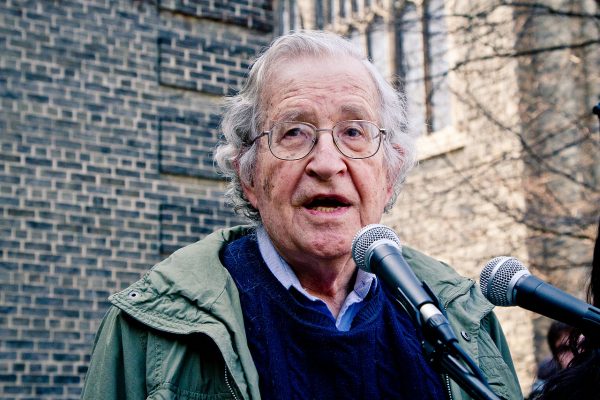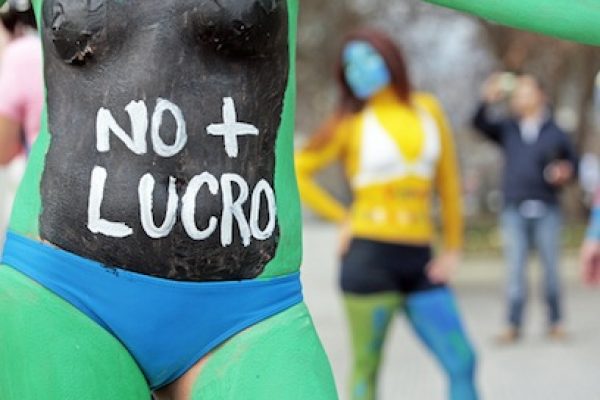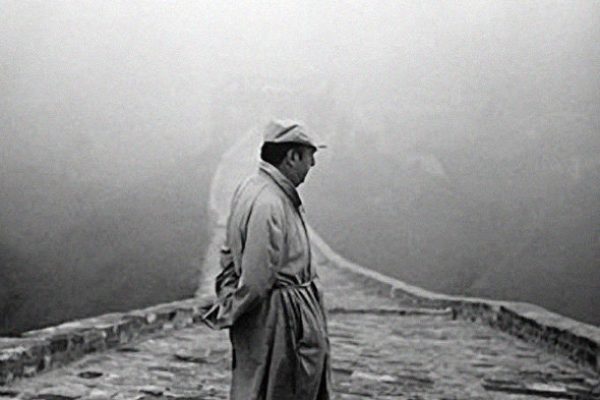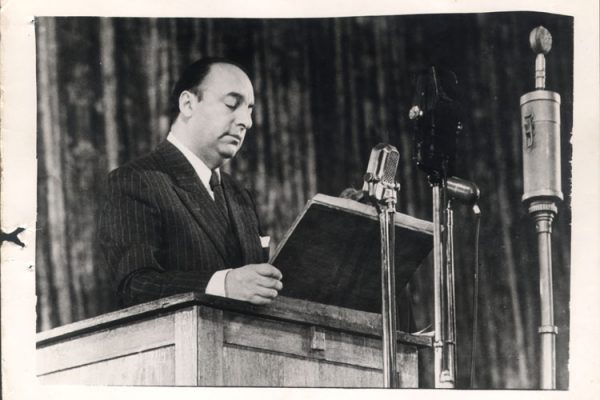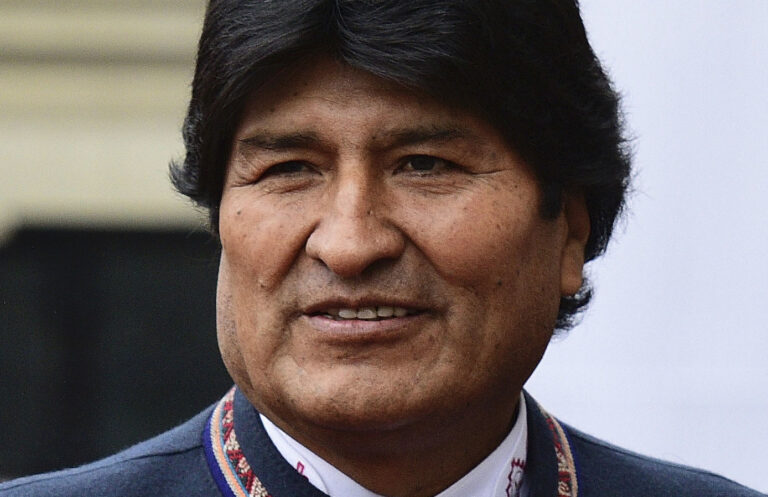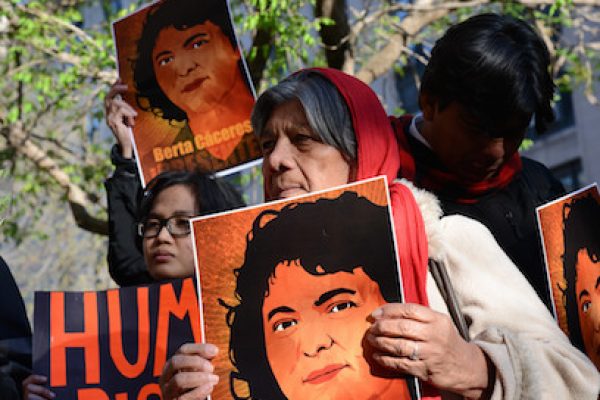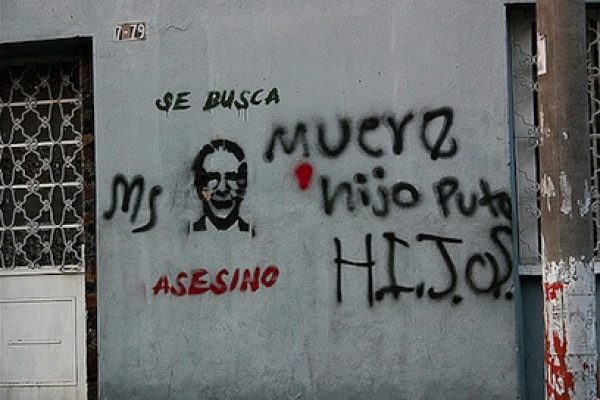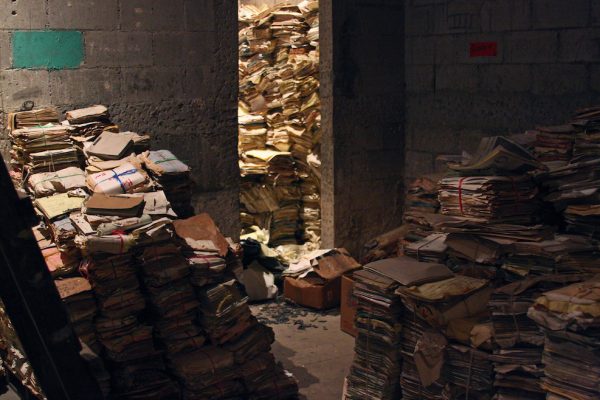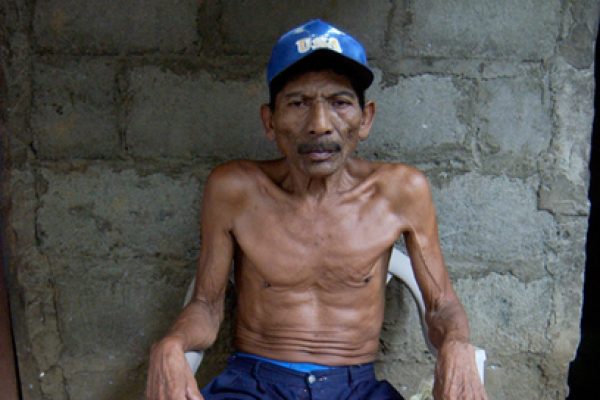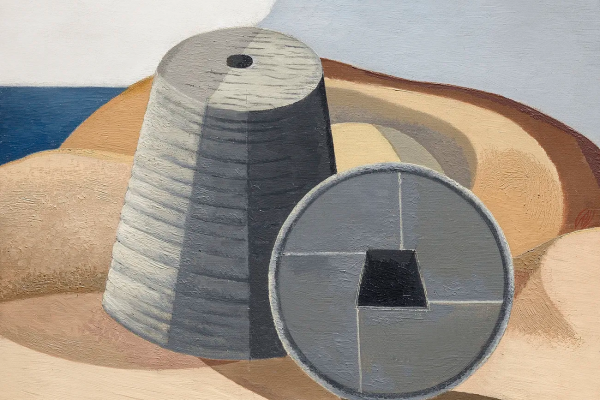This Monday marks the fiftieth anniversary of September 11. If that number sounds off by a few decades, it’s because it refers to September 11, 1973—the first 9/11. On that day, Noam Chomsky explains, “the United States succeeded in its intensive efforts to overthrow the democratic government of Salvador Allende in Chile with a military coup that placed General Pinochet’s ghastly regime in office.” Allende’s violent ouster unleashed “economic destruction” and “torture and kidnappings” on a vast scale, as Pinochet cracked down on his opponents and “the dictatorship installed the Chicago Boys—economists trained at the University of Chicago—to reshape Chile’s economy” along neoliberal lines.
Pinochet stepped down in 1990, but the effects of his seventeen-year reign continue to reverberate throughout Chilean society and politics. Take Chile’s education system. “During the dictatorship of Augusto Pinochet, education, previously considered a public good, was commodified and repackaged as a private investment yielding purely private gains,” writes Lili Loofbourow in a profile of the student protests that gripped Chile between 2011 and 2013. Fed up with decades of unequal education and the injustice of paying high fees for what they considered a basic right, students rebelled, forcing an investigation into illegal profiteering and reforms from government ministers. The protests also helped launch the political career of Chile’s current left-leaning president, Gabriel Boric. “Americans have much to learn from the upwelling of public sentiment against privatized education in Chile,” Loofbourow concludes.
Other contributions to this week’s reading list consider the legacy of the 1973 coup as well as Latin American culture and politics more generally. Two pieces focus on Pablo Neruda: Magdalena Edwards discusses previously unknown poems discovered in 2011, and Stephen Phelan addresses what competing theories of the poet’s death say about Chile’s “commitment to retroactive justice.” Paul W. Kahn explores the legal status of attempts to prosecute Pinochet in the late 1990s. Looking beyond Chile, Thea Riofrancos offers a genealogy and overview of Latin American left populism; in two pieces, Lauren Carasik highlights U.S. indifference to human rights abuses in Honduras and its role in promoting violence in Guatemala; Kirsten Weld considers the politics surrounding Guatemala’s national police archives; and Susanna Bohme reports on attempts to hold Dole legally accountable for its use of harmful pesticides in the banana fields of Nicaragua. We also include two poems by acclaimed Chilean novelist Roberto Bolaño.
As questions about Neruda's death linger, a lost archive of unpublished poems, hidden amongst his notebooks, has surfaced.
Did Pinochet's goons murder Pablo Neruda? There was only one way to find out.
Latin America teaches us that right-wing victory is not permanent.
The U.S. turns a blind eye on the murder of environmentalist Berta Cáceres.
The dramatic history of Guatemala’s National Police archive illustrates the crucial role of state archives in protecting democracy.
Dole used a pesticide that rendered banana workers sterile. Why is it so hard to litigate?

